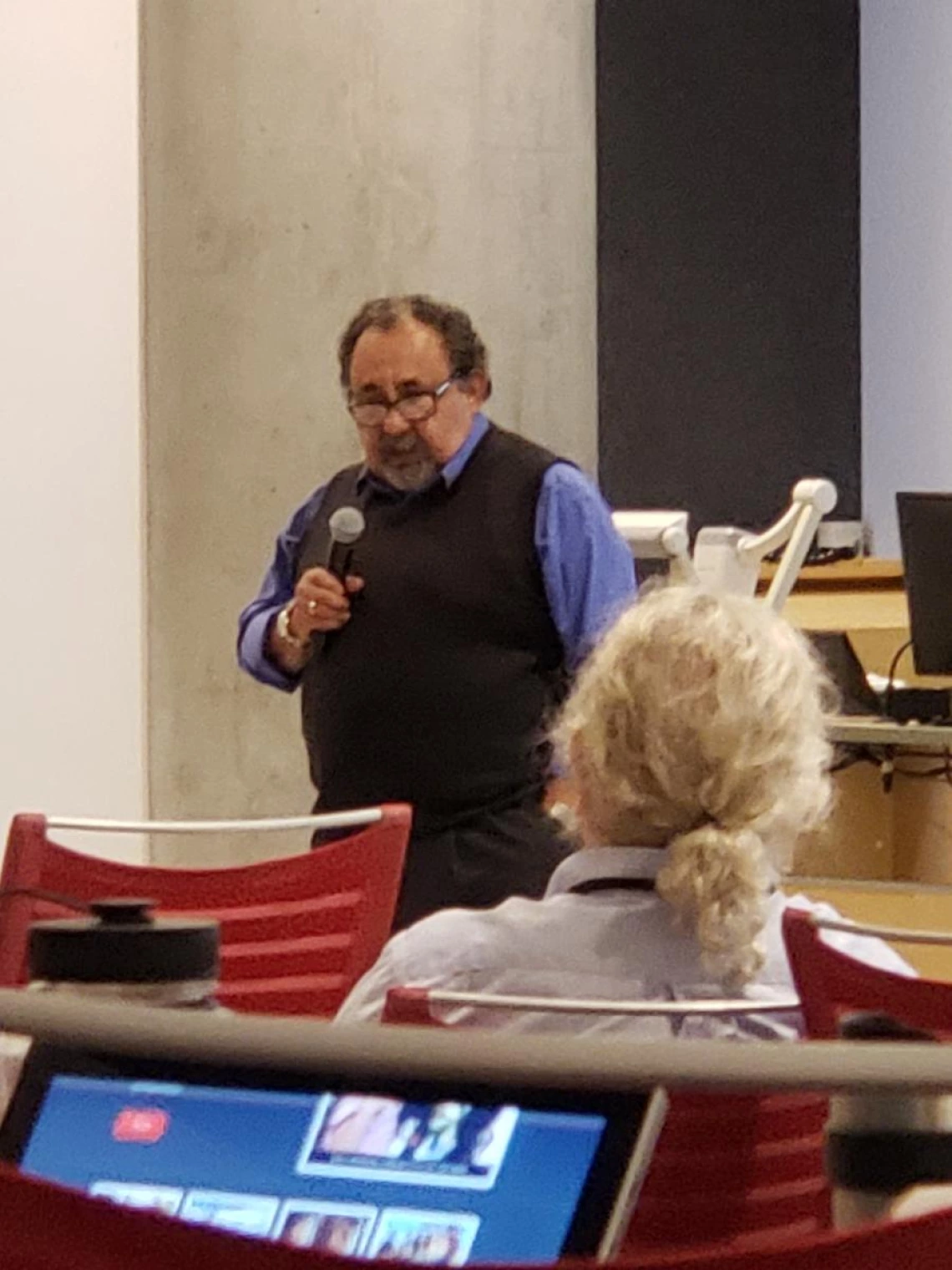UA Southwest Climate Adaptation Science Center Receives $4.5M for Continued Research

The Southwest Climate Adaptation Science Center at the University of Arizona has received a five-year, $4.5 million grant from the United States Geological Survey to renew support for the center's research on climate science and adaption throughout the region.
The SW CASC ? formerly called the Southwest Climate Science Center ? was established in 2011 to provide objective scientific information, tools and techniques that land, water, wildlife and cultural resource managers and other interested parties could apply to anticipate, monitor and adapt to climate change impacts in the southwestern United States.
With its renewed funding, the SW CASC will build on its almost seven years of collaborative research and outreach in partnership with USGS and researchers in the six consortium institutions. The center aims to understand and help meet the region?s highest priority scientific needs.
?The work that the scientists at the center are doing dovetails with one of the primary strengths of the UA: leading the way in the development of practices that promote environmental resilience,? said UA President Robert C. Robbins. ?Their focus on doing truly collaborative research alongside resource managers ensures the work will continue to be timely, relevant and useful. Translating the research of UA faculty members is incredibly important for our mission and impact, and this is an outstanding example of that focus.?
SW CASC researchers aim to produce new scientific information alongside decision makers and managers to help make more informed planning decisions, including the allocation of resources.
 ?We want to deliver science in ways that they can use it?that?s actionable,? said Gregg Garfin, UA principal investigator and university director of the SW CASC. ?Research shows that an engaged process of researchers coproducing science alongside practitioners leads to more satisfaction with outcomes and more useable information.?
?We want to deliver science in ways that they can use it?that?s actionable,? said Gregg Garfin, UA principal investigator and university director of the SW CASC. ?Research shows that an engaged process of researchers coproducing science alongside practitioners leads to more satisfaction with outcomes and more useable information.?
The SW CASC is a collaborative partnership between USGS and a consortium of seven academic institutions from across the region: University of Arizona; Desert Research Institute; University of California, Davis; University of California, Los Angeles; Scripps Institution of Oceanography at UC San Diego; Colorado State University; and Utah State University.
?We go beyond the routine of academic research, where the goal is to advance knowledge by publishing peer-reviewed papers,? said Stephen Jackson, USGS director of the SW CASC and adjunct professor of geosciences and natural resources and environment. ?I like to call what we do ?research plus,? because we do that, plus create various products that are directly useful to managers.?
The goal is to help resource managers and decision-makers across the region make informed planning decisions, including the allocation of resources. The Southwest is an ecologically varied region, with ecosystems including deserts, mountains, forests, and coasts, hosting some of the most iconic vegetation and wildlife in the U.S. Since it encompasses the hottest and driest region of the U.S., the Southwest faces a number of challenges associated with rising temperatures, including record low snowpack, increased flooding, and extreme wildfires. Land and resource managers at every level of government need up-to-date research on these topics to be prepared for changes and to anticipate future challenges.
Researchers at the SW CASC are also working to expand their scholarly expertise and explore other emerging topics of concern.
?One area of concern that?s emerging very quickly is vegetation conversion,? Jackson said.
That is, after events that cause widespread death, like wildfires and pathogen outbreaks, the species that return on the landscape are often different than what was there before. For example, after a wildfire, a Ponderosa pine forest in northern Arizona might very well grow back as an oak or pinyon-juniper woodland.
The center will also continue its research on drought, increased flood risk from rainfall extremes, and the steady increase in summer and winter temperatures that underlie these trends.
?The world is already facing impacts of climate change, and in the Southwest we?re seeing it really fast and very intensely,? Jackson said. ?Seeing the scientific linkages between climate and these vegetation conversions puts us in a good position to tell people in other parts of the country about what challenges they might face, and to pass along science-based information and tools that can inform their plans for adapting.?
?There?s any number of new, interesting problems to address in the Southwest, and it?s exciting for the Southwest Climate Adaptation Science Center to be a part of that,? Garfin said.
Photos: Dr. John Koprowski

